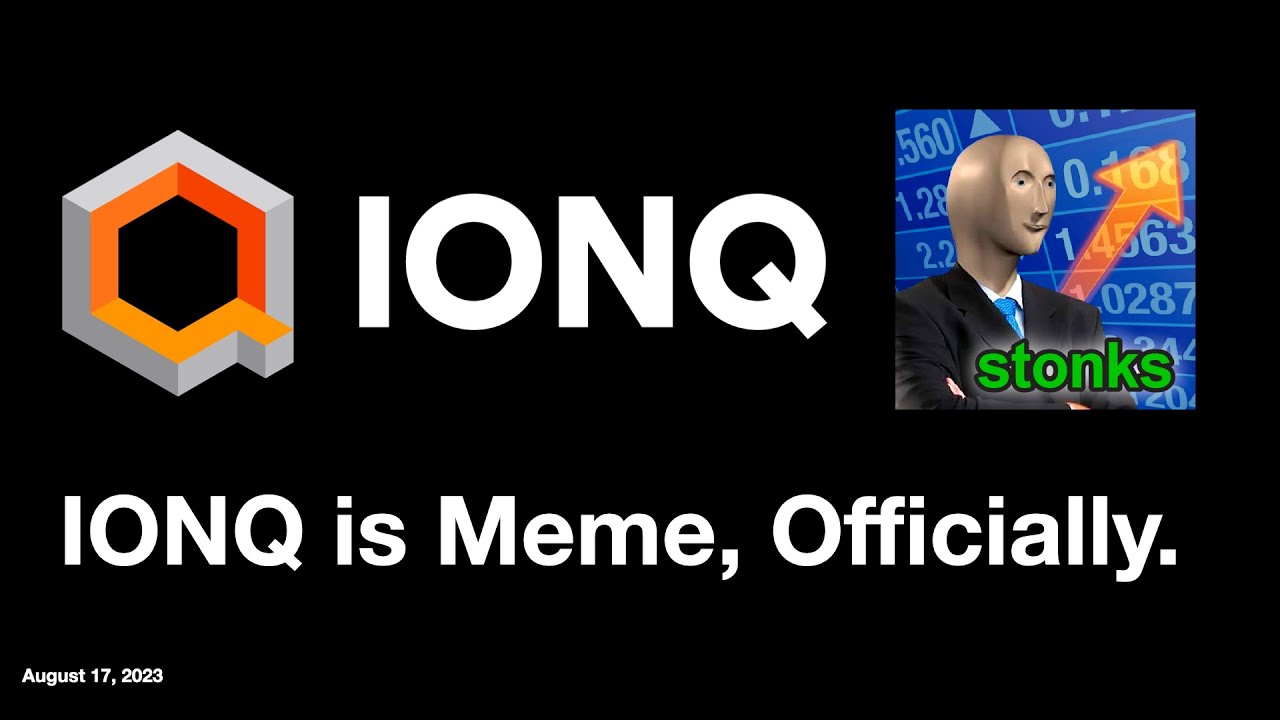Debate Heats Up: Texas House Weighs Social Media Ban For Minors

Table of Contents
The Proposed Texas Social Media Ban: Key Provisions and Concerns
What the Bill Proposes:
The specifics of the proposed Texas social media ban for minors are still under discussion, but key provisions are emerging. The bill aims to restrict access to major social media platforms for users below a certain age, likely 16 or 18. Enforcement would likely rely on social media companies implementing robust age verification systems. Penalties for non-compliance could include hefty fines or other sanctions.
- Specific age limit: The exact age limit remains a point of contention, with proposals ranging from 16 to 18 years old.
- Methods for age verification: The bill would likely require platforms to employ a range of verification methods, possibly including driver's licenses, government-issued IDs, or third-party age verification services. The effectiveness and potential privacy concerns related to these methods are significant discussion points.
- Penalties for platforms violating the ban: Potential penalties for social media companies failing to comply with the ban could include substantial fines and legal action.
- Exemptions for educational or professional use: The bill may include exemptions for educational or professional use of social media, recognizing the increasing importance of online platforms for learning and career development.
Concerns Regarding Freedom of Speech and Parental Rights:
Opponents of the ban raise serious concerns about its potential infringement on First Amendment rights. They argue that a blanket ban on social media for minors constitutes censorship and limits their ability to express themselves and access information. Furthermore, critics contend that the bill undermines parental rights, as parents may prefer to manage their children's social media use themselves rather than have it dictated by the state.
- Concerns about censorship: Limiting access to social media platforms restricts access to a vast amount of information and diverse viewpoints, potentially hindering the development of critical thinking and informed citizenship.
- Potential for circumvention: A complete ban is likely to be difficult to enforce completely. Minors could easily circumvent restrictions using VPNs or creating false accounts.
- Impact on parental control measures: Many parents actively utilize parental control apps and strategies to monitor and manage their children's online activity. A state-mandated ban might render these efforts redundant or conflict with existing parental choices.
- Arguments for parental responsibility: Proponents of parental control argue that parents are best positioned to guide their children's digital experiences and that government intervention could overshadow parental authority and responsibility.
The Arguments in Favor of the Ban: Protecting Children's Mental and Physical Health
The Impact of Social Media on Child Development:
Numerous studies have linked excessive social media use among minors to negative impacts on mental health. Increased rates of anxiety, depression, body image issues, and cyberbullying are frequently associated with heavy social media consumption.
- Statistics on teen mental health linked to social media: Research consistently demonstrates a correlation between increased social media use and higher rates of anxiety, depression, and self-esteem issues in adolescents.
- Research on cyberbullying and its effects: Social media platforms can be breeding grounds for cyberbullying, which can have devastating consequences for victims. This includes isolation, emotional distress, and in some cases, even suicidal ideation.
- Examples of harmful online content aimed at minors: Minors are particularly vulnerable to exposure to inappropriate content, including violence, hate speech, and sexually explicit material, readily available on social media platforms.
Addiction and the Dangers of Online Predators:
Social media platforms are designed to be addictive, with features aimed at maximizing user engagement. This addictive nature can lead to excessive use, negatively impacting academic performance, sleep patterns, and overall well-being. Moreover, the anonymity offered by online platforms increases the risk of exposure to online predators and grooming.
- The addictive design of social media apps: The use of notifications, rewards, and social validation mechanisms makes social media particularly addictive for young people whose brains are still developing.
- Statistics on online predation of minors: Online predators often target vulnerable young people through social media, engaging in grooming behaviors to build trust before exploiting them.
- Examples of online grooming techniques: Predators may use deceptive tactics to manipulate children into sharing personal information or engaging in inappropriate online interactions.
Potential Alternatives and Solutions: Regulation vs. Prohibition
Exploring Alternative Approaches to Child Online Safety:
Instead of a complete ban, alternative strategies could address the concerns about child online safety more effectively and proportionally. These include:
- Improved age verification systems: Implementing more robust and reliable age verification methods could help prevent underage access to social media platforms.
- Stricter privacy settings: Social media platforms should offer enhanced privacy controls that give parents greater ability to manage their children's online presence.
- More effective reporting mechanisms for harmful content: Platforms need to improve mechanisms for reporting and removing harmful content quickly and efficiently.
- Parental monitoring tools: More user-friendly and effective parental monitoring tools could help parents supervise their children's social media use.
- Increased media literacy education: Educating children and young people about responsible social media use, online safety, and critical thinking skills is crucial in mitigating the risks of online platforms.
The Role of Social Media Companies in Protecting Young Users:
Social media companies bear a significant responsibility in protecting young users. This includes:
- Age-appropriate content filters: Platforms should develop and implement more sophisticated age-appropriate content filters to prevent minors from accessing inappropriate material.
- Better parental control tools: Companies should provide parents with more comprehensive and user-friendly tools to monitor and control their children's activity.
- Improved algorithms to detect and remove harmful content: Better algorithms and human moderation are essential for identifying and promptly removing harmful content, including cyberbullying and hate speech.
- Proactive measures to address cyberbullying: Social media platforms need to actively combat cyberbullying through improved reporting mechanisms, preventative education, and stricter enforcement of community guidelines.
Conclusion
The Texas social media ban debate for minors presents a complex challenge, balancing the need to protect children's well-being with concerns about freedom of speech and parental rights. While the negative impacts of social media on young people's mental and physical health are undeniable, a complete ban may prove ineffective and overly restrictive. Exploring alternative solutions, such as improved age verification, enhanced parental controls, increased platform accountability, and media literacy education, offers a more nuanced and potentially more effective approach. The Texas social media ban debate is far from over. Stay informed on this critical issue impacting the future of child online safety and share your informed opinions on the best way to approach social media regulation for minors in Texas.

Featured Posts
-
 D Wave Quantum Qbts Stock Market Analysis Mondays Price Increase
May 21, 2025
D Wave Quantum Qbts Stock Market Analysis Mondays Price Increase
May 21, 2025 -
 Tyler Bates Wwe Raw Comeback Everything You Need To Know
May 21, 2025
Tyler Bates Wwe Raw Comeback Everything You Need To Know
May 21, 2025 -
 Family Film Mia Wasikowska And Taika Waititi Collaboration
May 21, 2025
Family Film Mia Wasikowska And Taika Waititi Collaboration
May 21, 2025 -
 Explore Provence A Self Guided Walking Itinerary From Mountains To Sea
May 21, 2025
Explore Provence A Self Guided Walking Itinerary From Mountains To Sea
May 21, 2025 -
 Record Number Of Indian Paddlers At Wtt Star Contender Chennai
May 21, 2025
Record Number Of Indian Paddlers At Wtt Star Contender Chennai
May 21, 2025
